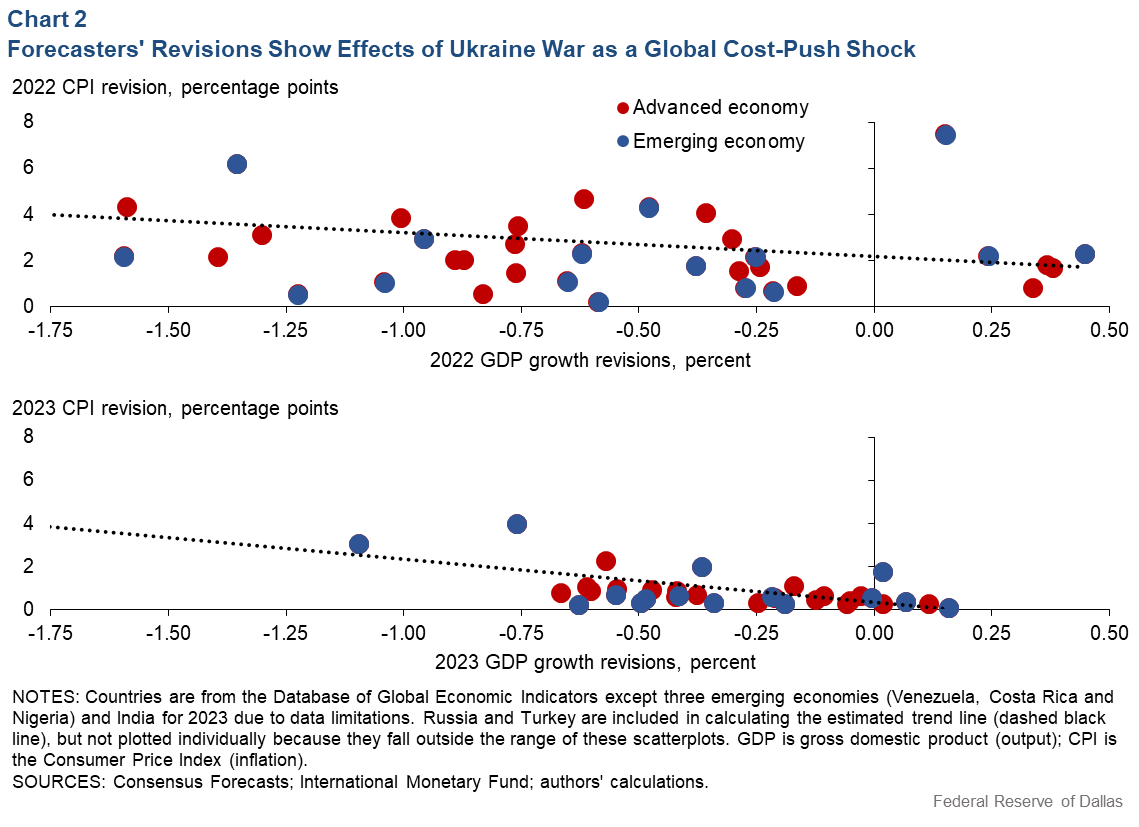
Unveiling Global Recession: Navigating Impacts and Resilience Strategies
In the ever-changing landscape of the global economy, the specter of a recession can cast a long shadow. This article dives into the multifaceted impact of a global recession, exploring its implications on various sectors and outlining strategies for resilience in the face of economic downturns.
Understanding the Roots of a Global Recession
A global recession typically stems from a synchronized downturn in multiple major economies, leading to reduced global economic activity. Factors such as financial crises, geopolitical tensions, or systemic issues can trigger a recession. Understanding the root causes is crucial for gauging the severity and potential duration of the economic downturn.
Impact on Global Trade and Commerce
One of the immediate and pervasive impacts of a global recession is felt in the realm of trade and commerce. Reduced consumer spending, declining business investments, and disrupted supply chains contribute to a contraction in global trade. Export-oriented economies may face a significant decline in demand for their products and services.
Employment Challenges and Labor Market Dynamics
Global recessions invariably bring about challenges in the labor market. Businesses, aiming to cut costs, may resort to layoffs or hiring freezes. Unemployment rates rise, leading to financial hardships for individuals and families. Addressing employment challenges becomes a critical aspect of navigating the social and economic fallout of a recession.
Financial Market Volatility and Investor Sentiment
Financial markets are highly sensitive to the onset of a global recession. Increased uncertainty, coupled with diminished investor confidence, can trigger heightened volatility. Stock markets may experience sharp declines, and asset values may be subjected to fluctuations. Investor sentiment becomes a key factor in determining market stability.
Government Responses and Fiscal Policies
Governments play a crucial role in responding to a global recession. Implementing effective fiscal policies, such as stimulus packages and infrastructure investments, can help stimulate economic activity. Central banks may also adjust monetary policies, including interest rates, to encourage borrowing and spending. Coordinated efforts on a global scale can amplify the impact of these measures.
Impact on Small and Medium-sized Enterprises (SMEs)
Small and medium-sized enterprises (SMEs) often bear the brunt of a global recession. Limited resources and financial resilience make SMEs vulnerable to economic downturns. Governments and international bodies may implement targeted support programs to bolster these enterprises, recognizing their importance in driving economic growth.
Consumer Behavior Shifts and Spending Patterns
Consumer behavior undergoes significant shifts during a global recession. Individuals tend to prioritize essential spending, leading to reduced demand for non-essential goods and services. Understanding these shifts in spending patterns is crucial for businesses attempting to adapt and recalibrate their strategies in response to changing consumer needs.
Technological Innovations as a Resilience Factor
Amid challenges, technological innovations can emerge as a resilience factor. Businesses that invest in digital transformation, remote work solutions, and e-commerce capabilities may find themselves better positioned to weather the storm. Technological advancements not only enhance operational efficiency but also contribute to adapting to new market realities.
Global Cooperation and International Relations
Navigating a global recession requires international cooperation. Countries, organizations, and institutions must collaborate to address the interconnected challenges. Coordination in trade policies, sharing of best practices, and joint efforts in research and development can foster resilience and pave the way for a more sustainable global recovery.
Strategies for Resilience in a Post-recession Era
As economies recover from a global recession, resilience strategies become paramount. Diversifying revenue streams, implementing robust risk management practices, and fostering agility in adapting to market dynamics are key elements. Investing in workforce development and maintaining financial prudence contribute to long-term resilience.
To delve deeper into the impact of a global recession and explore strategies for resilience, visit Global Recession Impact. This platform serves as a comprehensive resource, offering insights, analyses, and resources for individuals, businesses, and policymakers navigating the challenges posed by economic downturns on a global scale.




